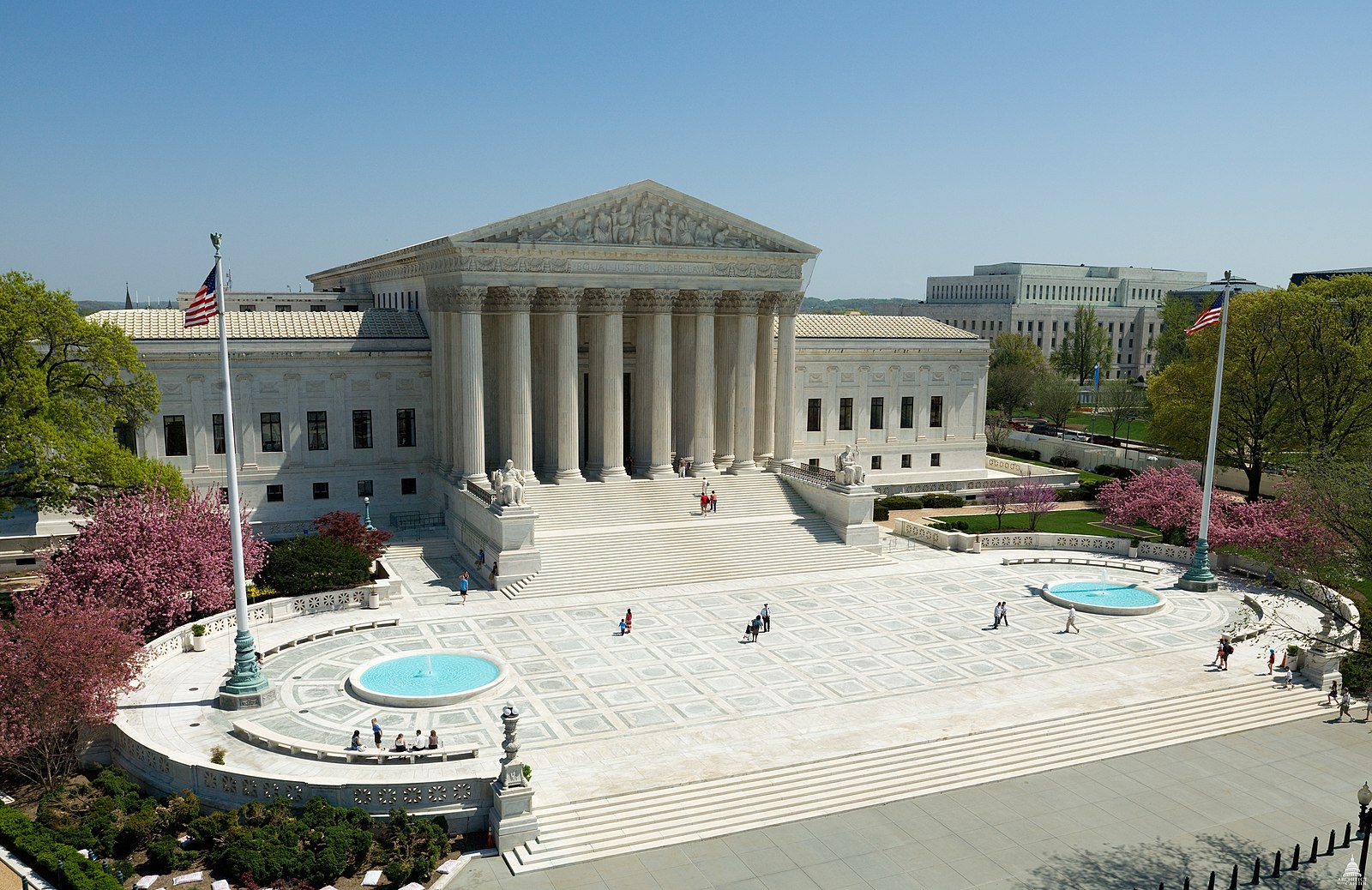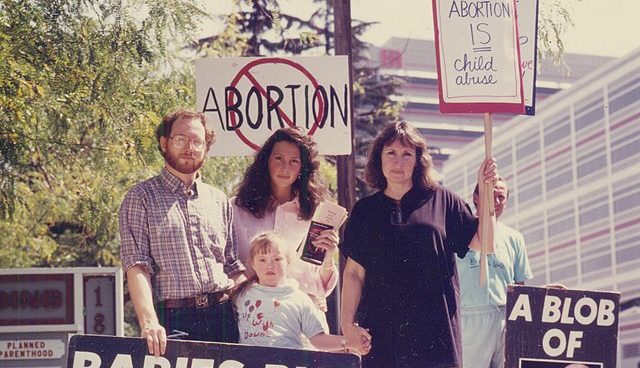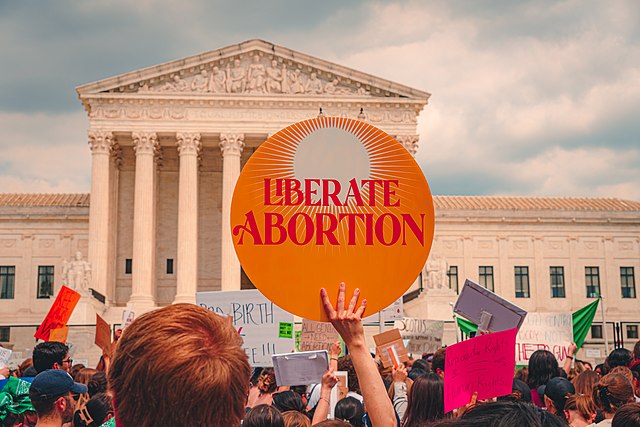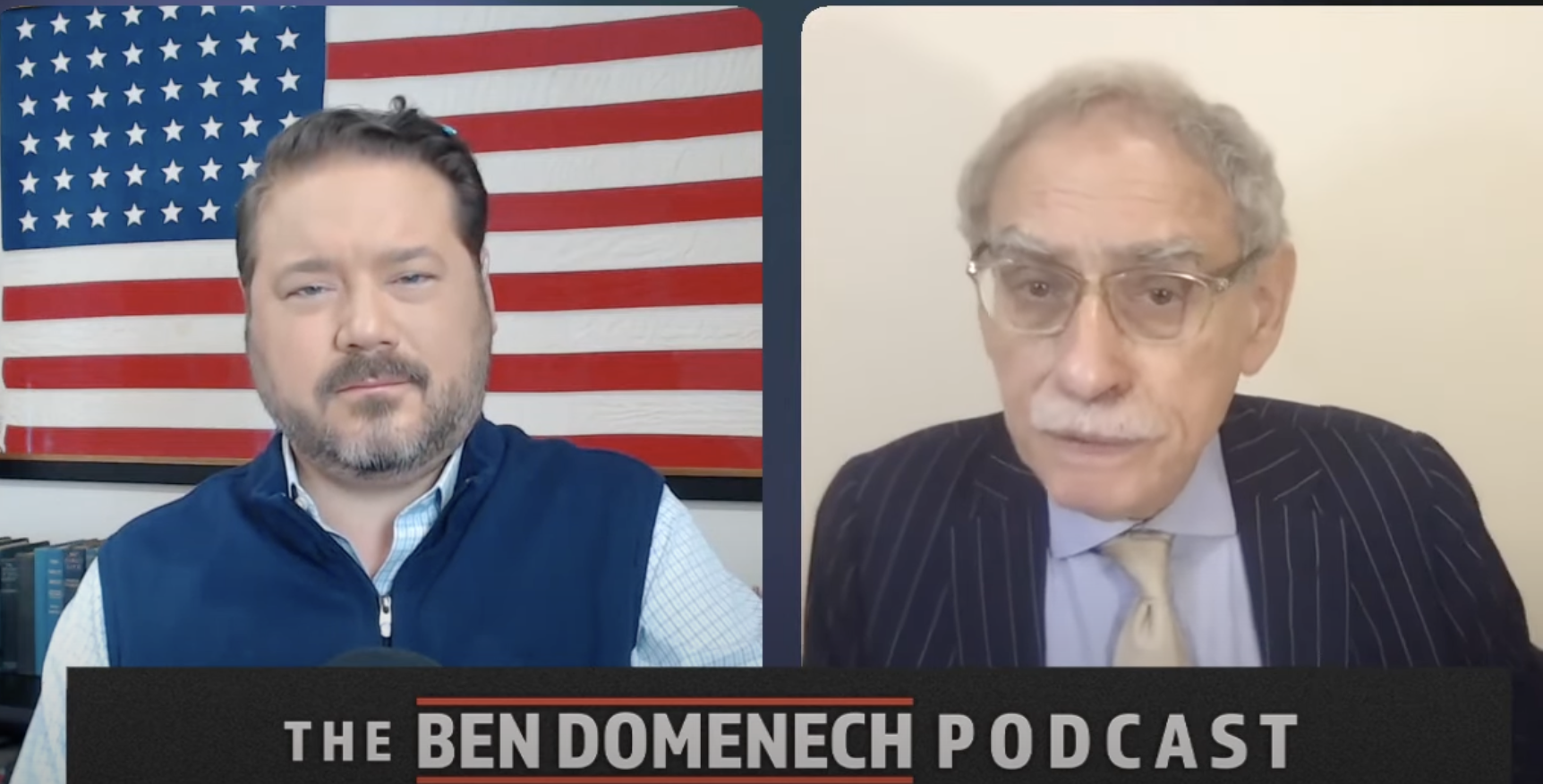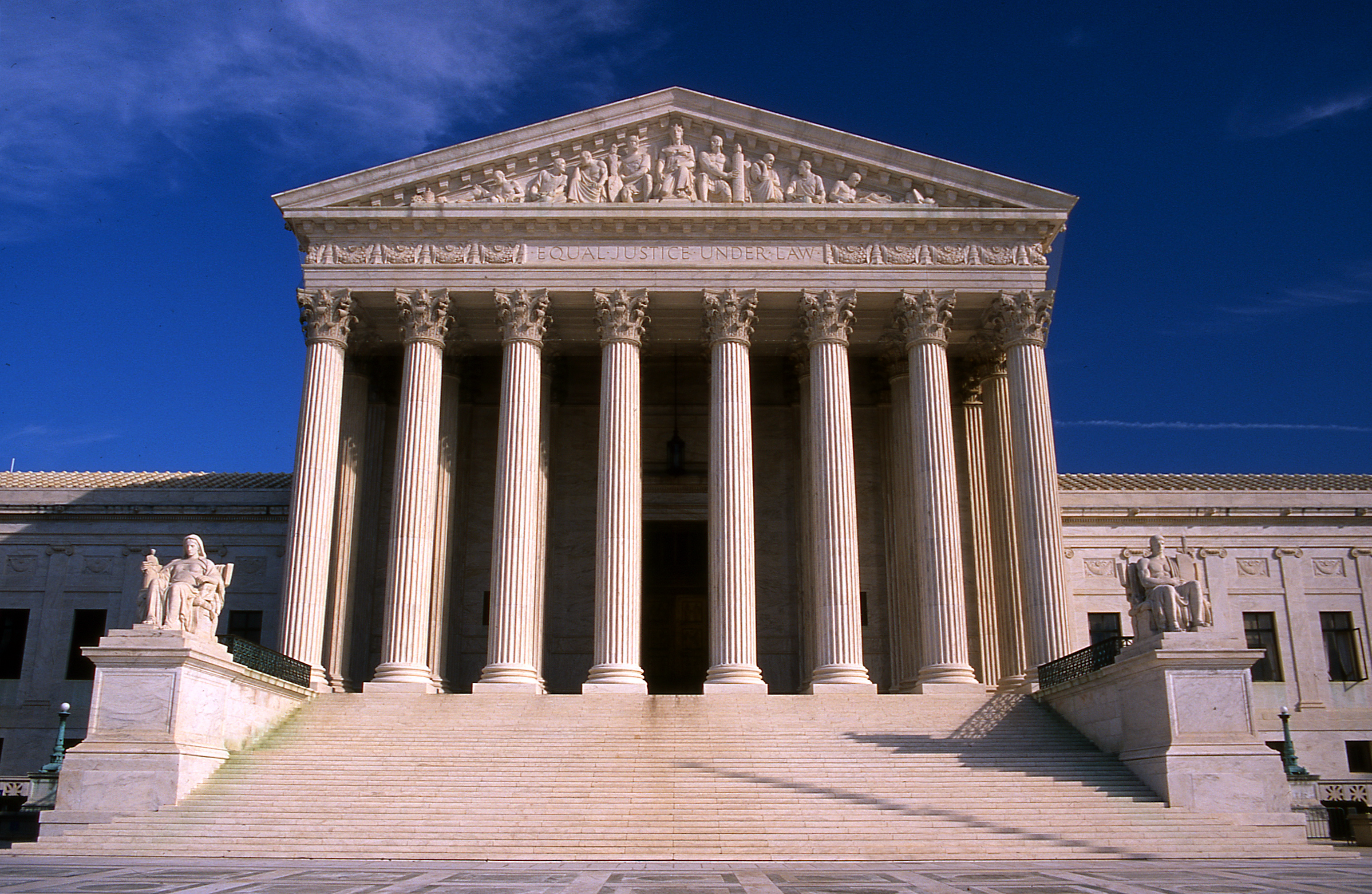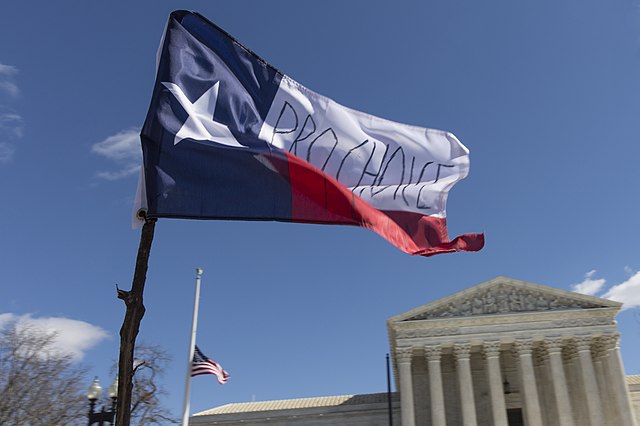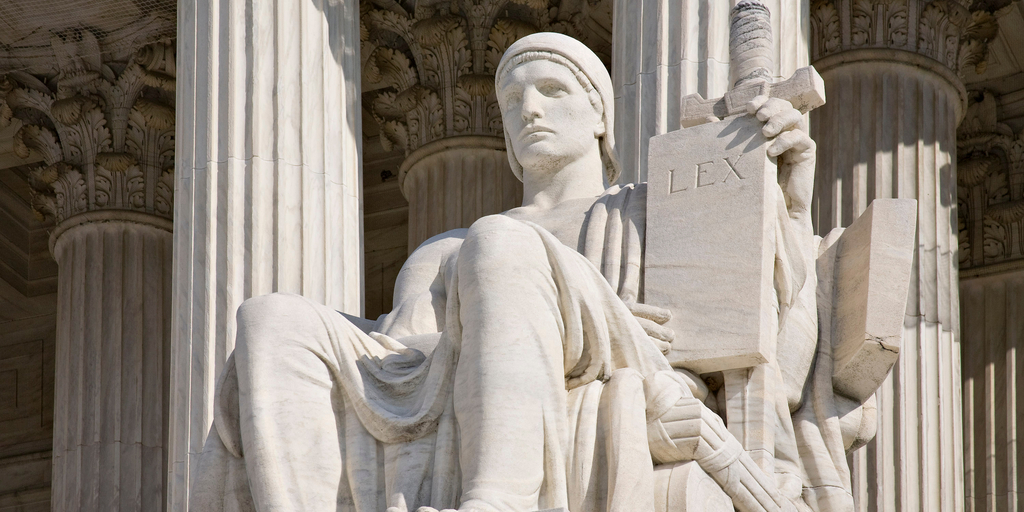Abortion
The Next Pro-Life Goal Is Constitutional Personhood
Selective History in the Dobbs Dissent
“What Comes After Roe” – Gerard V. Bradley

Today, the Supreme Court ruled in Dobbs v. Jackson Women’s Health Organization that “the Constitution does not confer a right to abortion. Roe and Casey must be overruled.” Almost fifty years after handing down its calamitous abortion decision on January 22, 1973, SCOTUS has finally corrected the biggest mistake it ever made.
Hadley P. Arkes & Why The Supreme Court Got It Right – The Ben Domenech Podcast
After Dobbs: The End of the Beginning
Samuel Alito’s Prophetic Vision
Roe v. Wade Is Already Dead
The Conservative Legal Movement at the Edge of Schism
The Consummate Statecraft of Samuel Alito
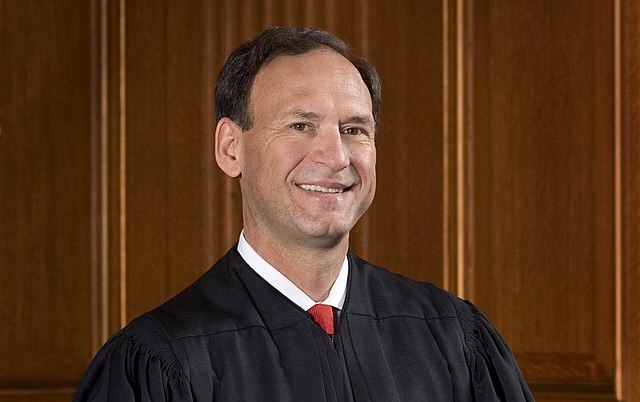
I have to confess that when the news broke last night and I read that careful, exhaustive, impressive opinion from Justice Alito, my eye moved to those key points for which I was looking, and there I fell into a mild despair. For the Justice preserved, as one of the defining strands of his opinion, …


